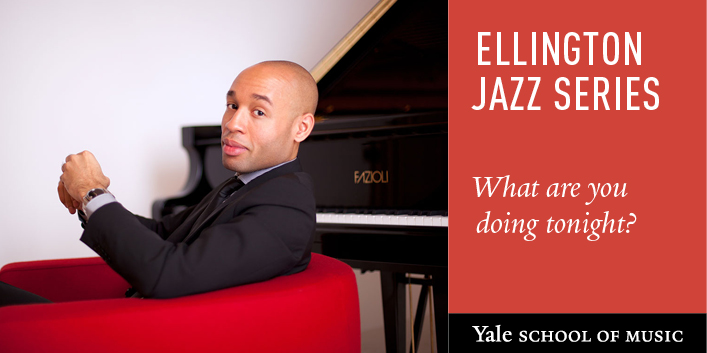From 1866 to 1966, Mary Wade Home, now a community for seniors in Fair Haven, was called the Home for the Friendless.
It wasn’t a refuge for the socially inept. “Friendless” was a euphemism for “vagrant, idle, and homeless girls,” many of whom became pregnant out of wedlock and were then “betrayed” by the father, according to a 1992 edition of the Journal of The New Haven Colony Historical Society. Given the sexual politics of the day, such women were considered pariahs. Their old friends might refuse to associate with them. Their own families, too. With no one to take them in, little viable employment opportunity and a child to support, these women and girls were pointed to the Home, where they would receive shelter, food and vocational training in the hope that the girls might one day find husbands or, at the very least, a self-sufficient livelihood.
sponsored by
The Home for the Friendless had its beginnings on September 8, 1866, when a group of ladies from various Protestant churches in the area gathered in the residence of Henrietta Edwards Whitney, widow of the famed inventor Eli Whitney. The women assembled there for the purpose of starting a home to provide both shelter and training in “all branches of domestic service and needle work.” At their next meeting, they elected their first president, Maria St. John Sheffield, along with the Board of Managers and other staff—all Protestant, and all women.
In 1866, with $6,000 in donations, the group bought the house on Clinton Avenue where the place still stands. All residents, some 50 at any given time, were expected to participate in chores. The Home sold milk and eggs from livestock kept on the property, and with donations of food, toys and clothing, they managed—albeit without central heating.
In the mid-1890s, the Home—with more residents and children than originally anticipated—was in need of a new wing, which a $20,000 gift from philanthropist Lucy Hall Boardman funded. The wing was named for Boardman’s sister, Mary Wade, though Wade’s name wouldn’t represent the home in its entirety until 1966, when “Home for the Friendless” was deemed sorely out of date.
Early on, there was a hard religious bent to the Home. In reports from the time, some newly arrived girls were called “sinners” or were said to have “darkened souls.” One young woman, after some sort of transgression, was forced to stay in bed for a number of days until she became “penitent and respectful.” Another who struck a matron with a broom was simply arrested. Roman Catholics, although not officially excluded, were at times turned away because of their faith.
By the turn of the century, some of the girls at the refuge were no longer young. For women who couldn’t find a husband or job, the Home—which would typically house girls for six-month stays—became a permanent one. Over time, the Home began accepting a larger number of elderly women and, by WWI, almost all were older—many of them 70 and above.
When David Hunter, current President and CEO, began at the Mary Wade Home in 1981, most of the residents were in their 80s, and all were still women. It was Hunter who began Mary Wade’s transition to a place for men, too.
“Yale was going co-ed. We followed suit,” Hunter says. Not everyone liked the idea. “There was one woman who said, ‘First man who comes in these doors, I’m leaving,’” he recalls. But one of the first men, an Irishman and a retired railroad employee, was a charmer. “He brightened up the day,” Hunter says, and soon enough things were rolling smoothly.
The Mary Wade Home is now nearing 150 years old, and it’s a far cry from the destination for wayward girls it once was. Today, Mary Wade provides a continuum of care for the elderly—day programs, short-term rehab, full-time assisted living and full-service nursing home care. One of the largest employers in Fair Haven, the facility has a staff of about 270 looking after 94 total beds, which are nearly always occupied. It has a fleet of eight vehicles that make a combined average of 800 trips a month, bringing residents to church, to grocery stores and to doctor’s and dentist’s appointments.
For entertainment, Mary Wade doesn’t confine residents to an endless limbo of Bingo games. It contracts with iN2L (“It’s Never 2 Late”) to deploy a system of computer hardware and software geared towards the elderly, providing access to the internet, music, photography and games, including a version of Family Feud that’s particularly popular with residents. Of course, Bingo is available, too.
Each year, the Home has two major public-facing fundraisers: a wine dinner, the next of which is coming up on April 30, and a golf tournament in October. Besides these events, revenues come through payments for services, private donations and money dedicated from residents’ wills—presumably a gesture of appreciation to the place that made their final years lively and comfortable.
I met one particularly lively, comfortable resident whose love for the Home needn’t be presumed. First, while waiting for the elevator, she said in a sing-song sort of way, “I used to be old and bald and sexy. But no more. Now I’m old and bald and fluffy.” But as the elevator doors closed, she called out to me, so that there’d be no doubt: “My name’s Rachel. I love Mary Wade.”
Mary Wade Home
118 Clinton Ave, New Haven (map)
(203) 562-7222
Website | Facebook
Written and photographed by Daniel Shkolnik.



Comments